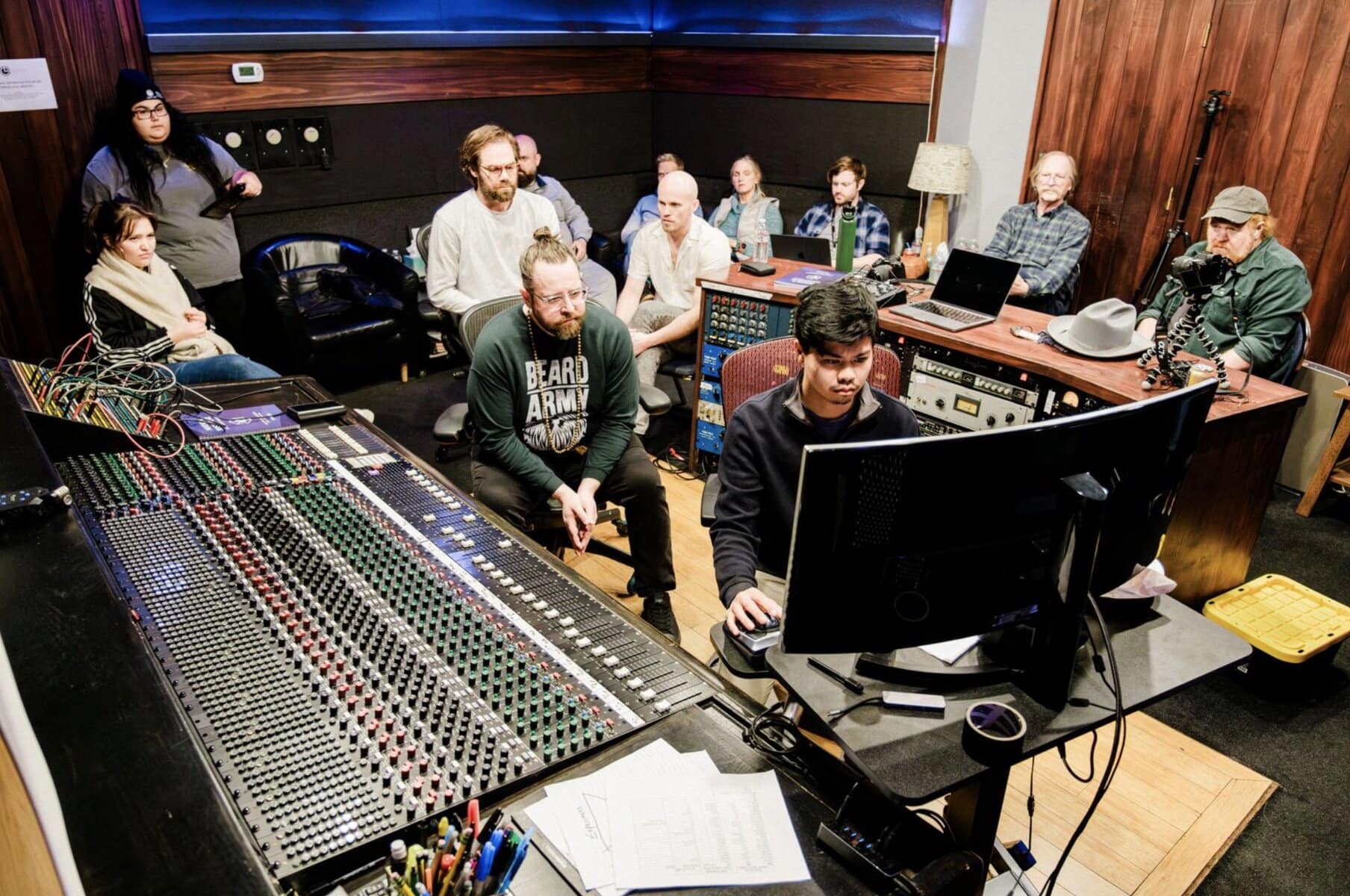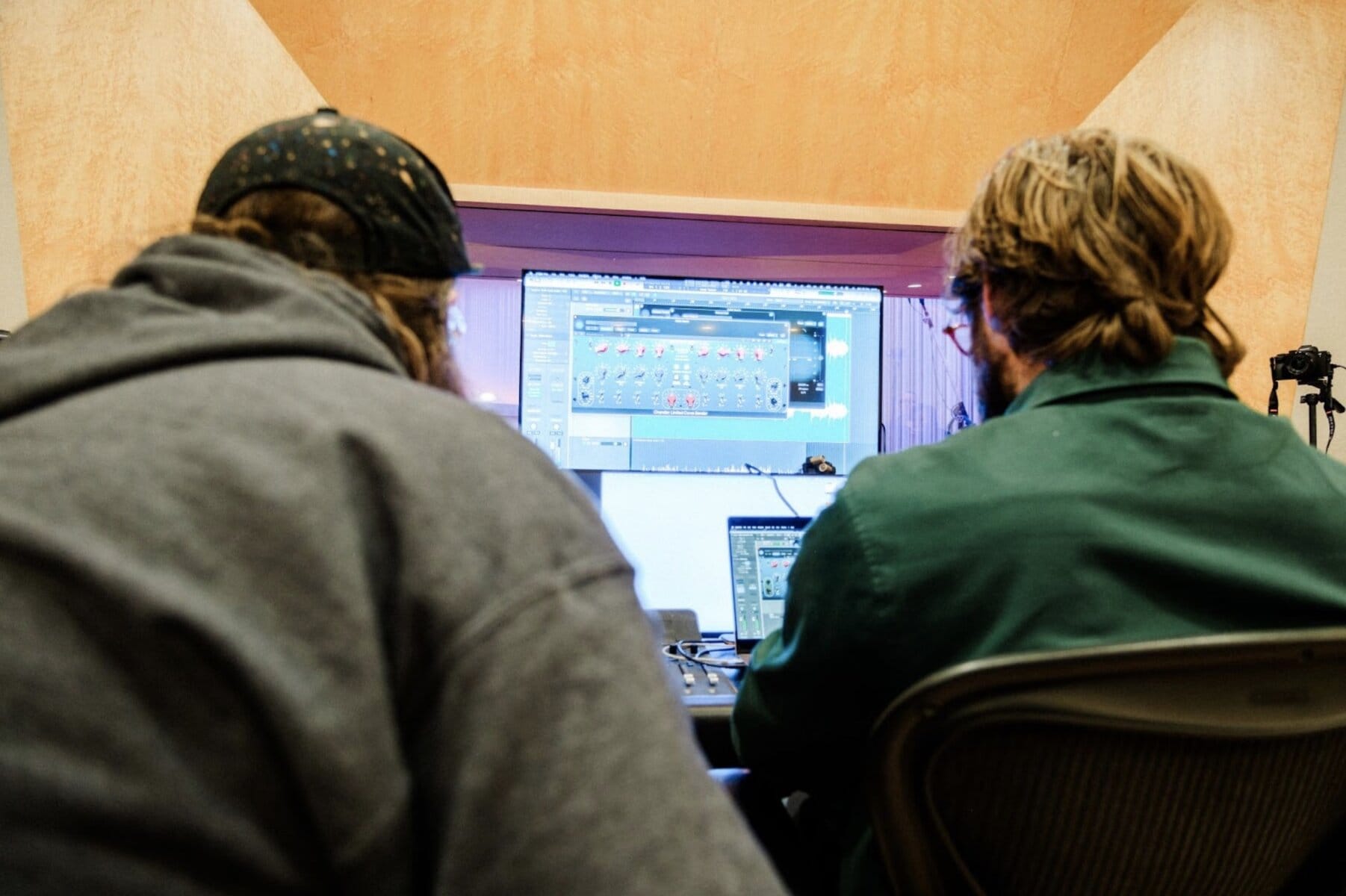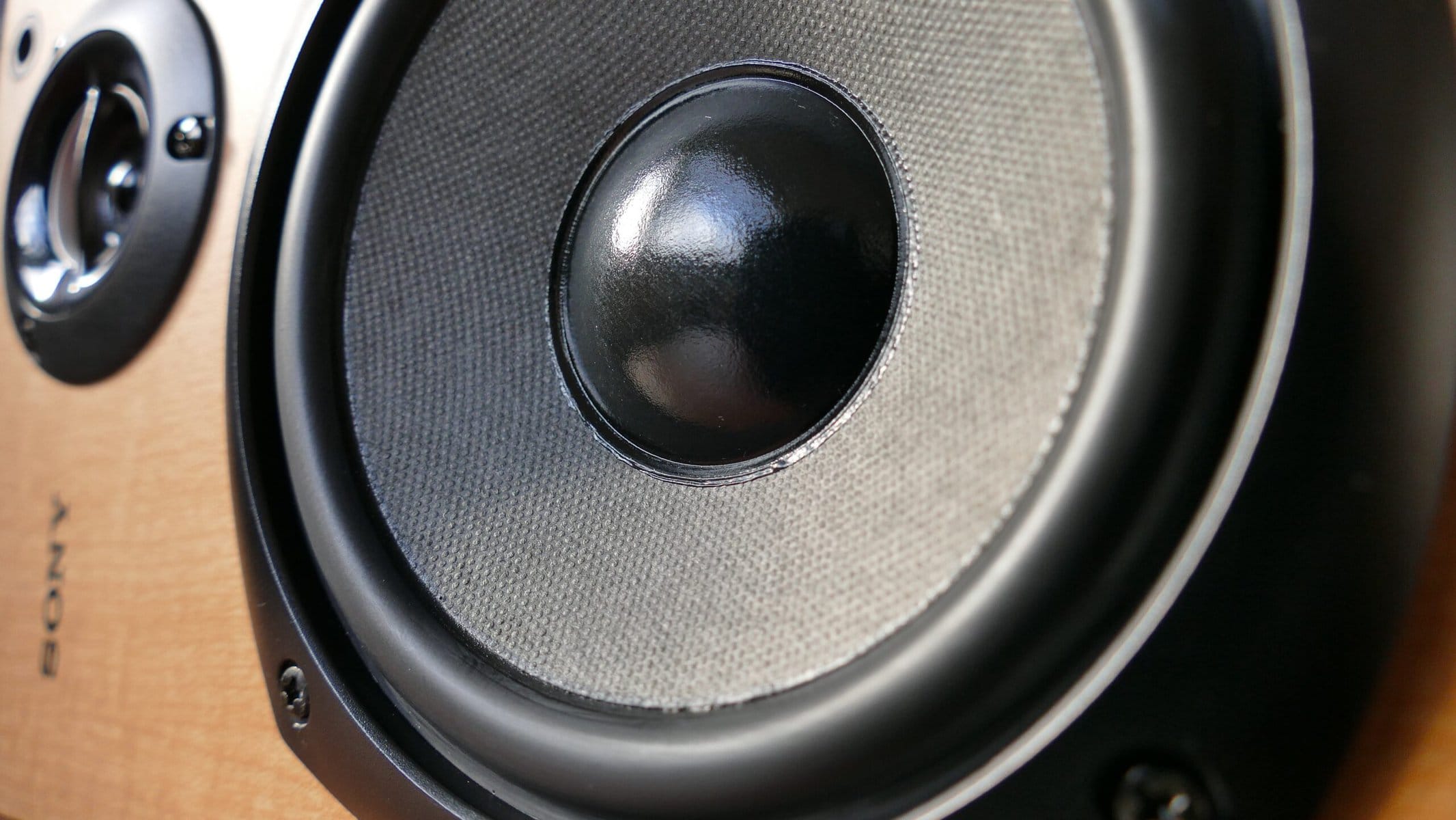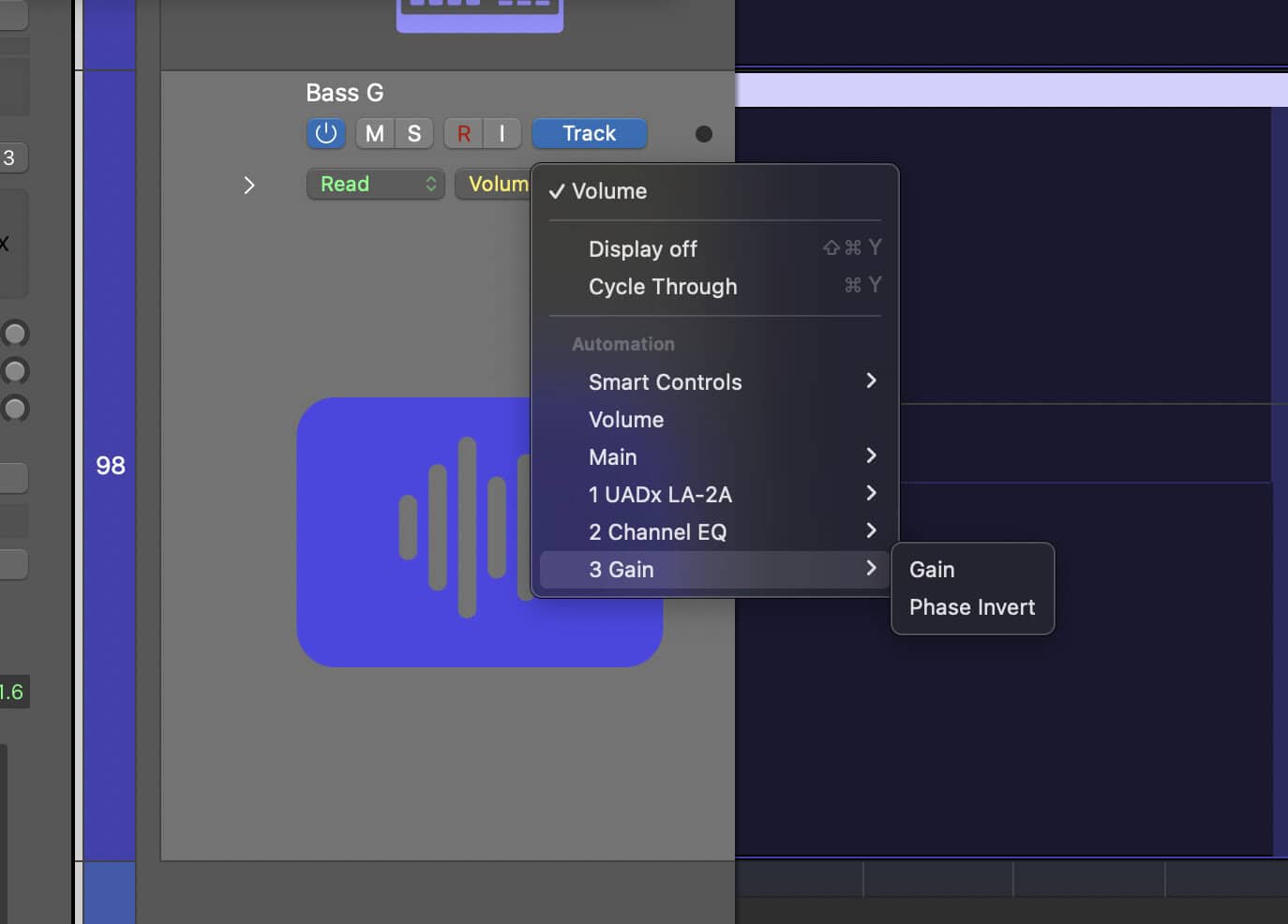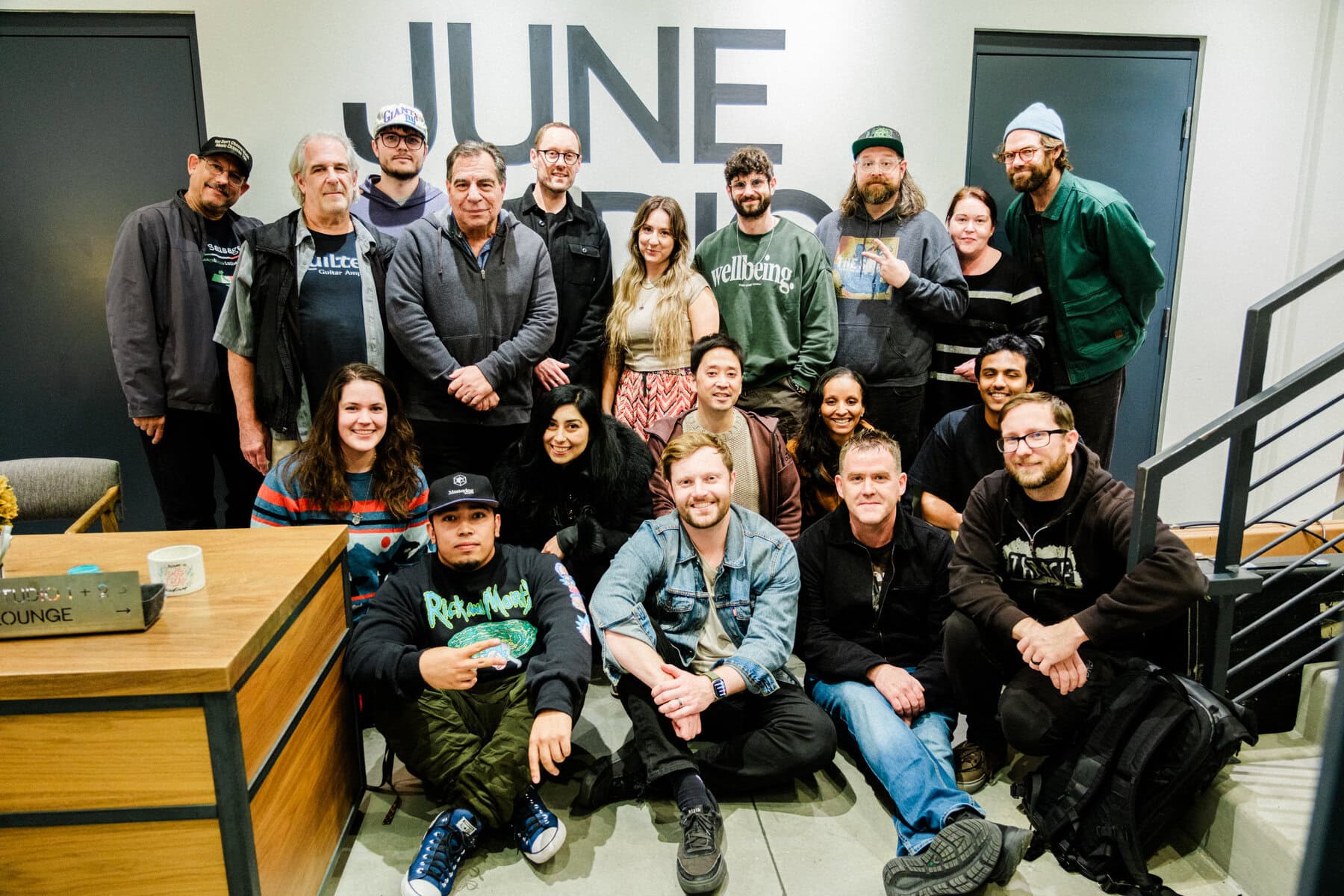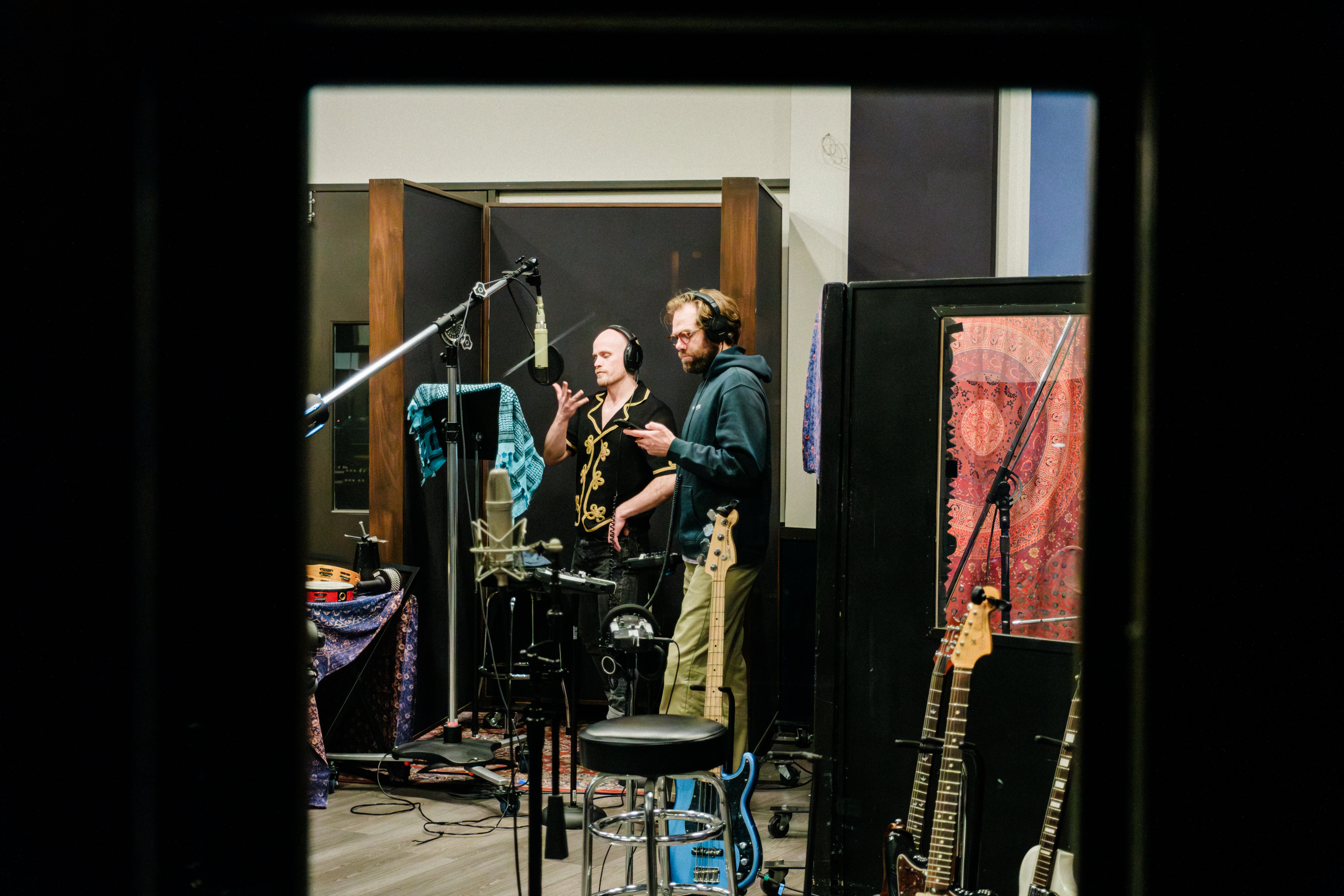If you want to make a living as a musician, you need to understand mechanical royalties.
They’re a great way to supplement your income. And knowing what they are will help you avoid career-ending deals.
To help you make the most from your music, I’ve put together this handy guide to mechanical royalties. It covers all the important details you need to know about them.
What’s a Mechanical License?
A mechanical license is a license to sell recordings of an artist’s song.
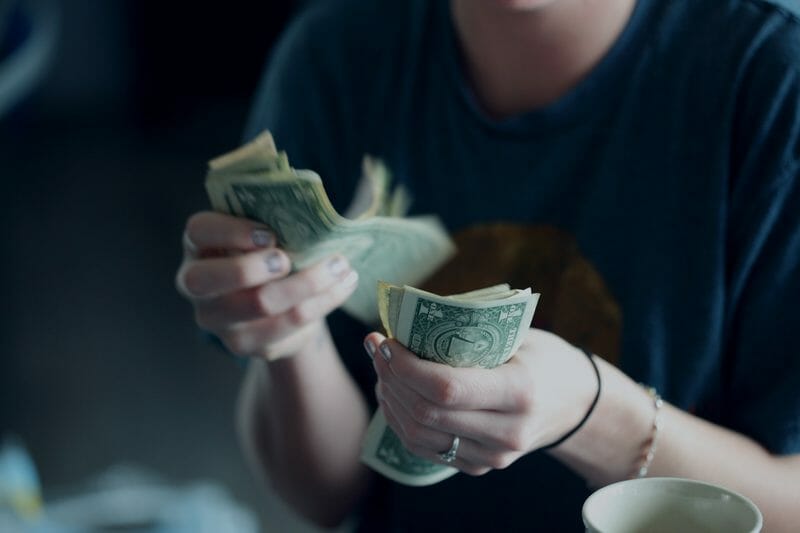
The owner of the song will get mechanical royalties when the song is covered, sampled, or purchased.
If an artist wants to sample a song or release a recording of a cover, they’ll need to get a mechanical license first.
When a label makes physical copies of a CD, they have to pay the owner(s) of the songs for mechanical licenses first.
The same goes for digital music distributors. Spotify and iTunes have to pay out mechanical royalties when a song is purchased or streamed.
Who Owns the Mechanical License?
The owner of the composition owns the mechanical license to a song.
The composition is the song itself, the lyrics and the melody.
There are a couple of different copyrights for any song. The composition rights and the recording rights.
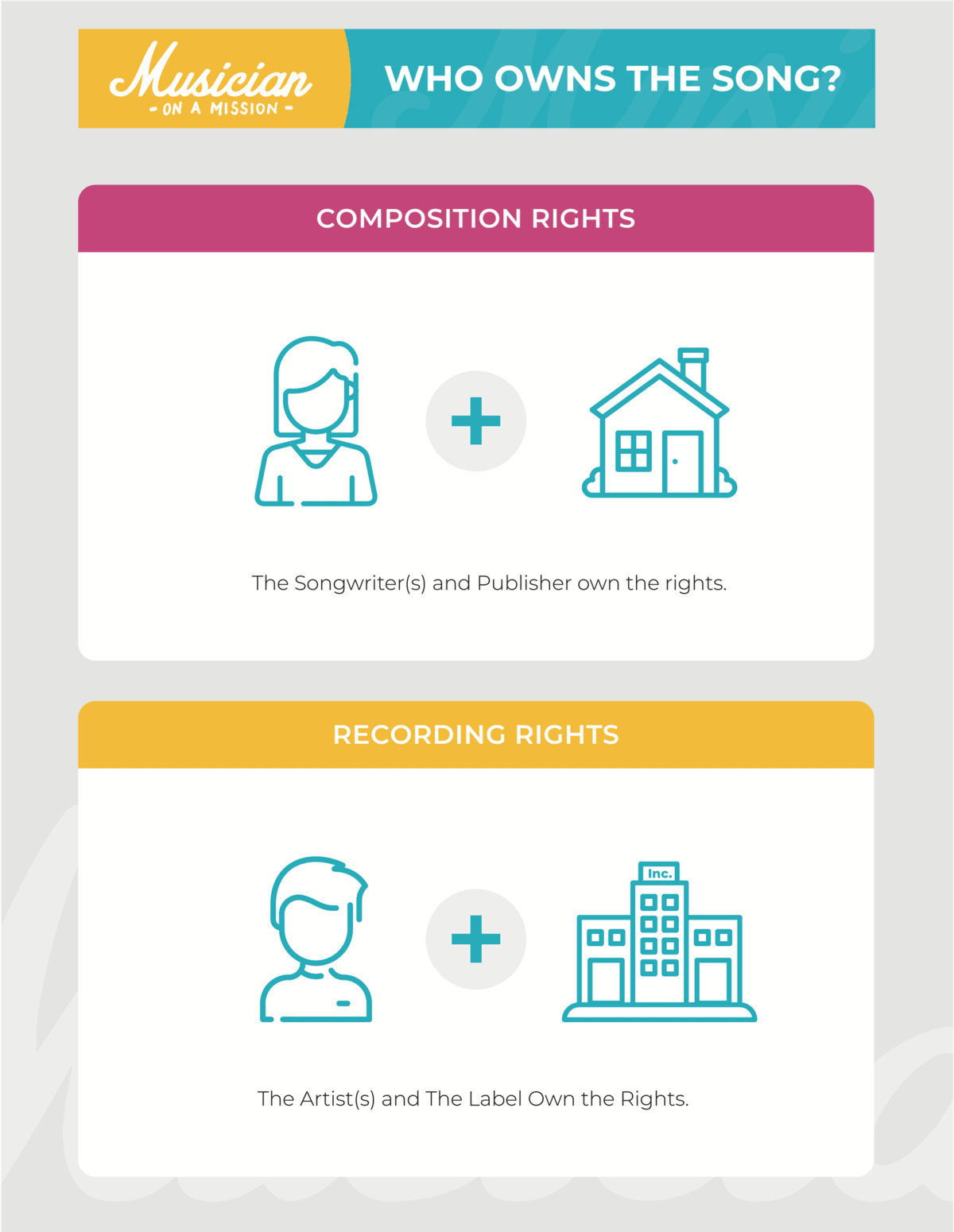
By default, the songwriter(s) own the composition rights. But composition rights can be negotiated and sold to third parties.
But what if you wrote a song that another artist recorded You (and your publisher) would own the composition rights.
It can get a little more complex if you’re splitting those royalties.
Let’s break it down.
Your Share vs the Publisher’s Share
Composition rights are split into two categories. The songwriter’s share and the publisher’s share.
In music business lingo, owning all of the composition rights to a song means you won 200% of the song.
Sounds weird right? But don’t worry, it’s actually pretty simple.
If you’re the only songwriter, you own 100% of the songwriter’s share.
If you have a publisher, they might own 100% of the publishing share. If you haven’t signed the publishing share away, you own that too.
The songwriter’s share and publisher’s share combine to equal 200% of the composition.
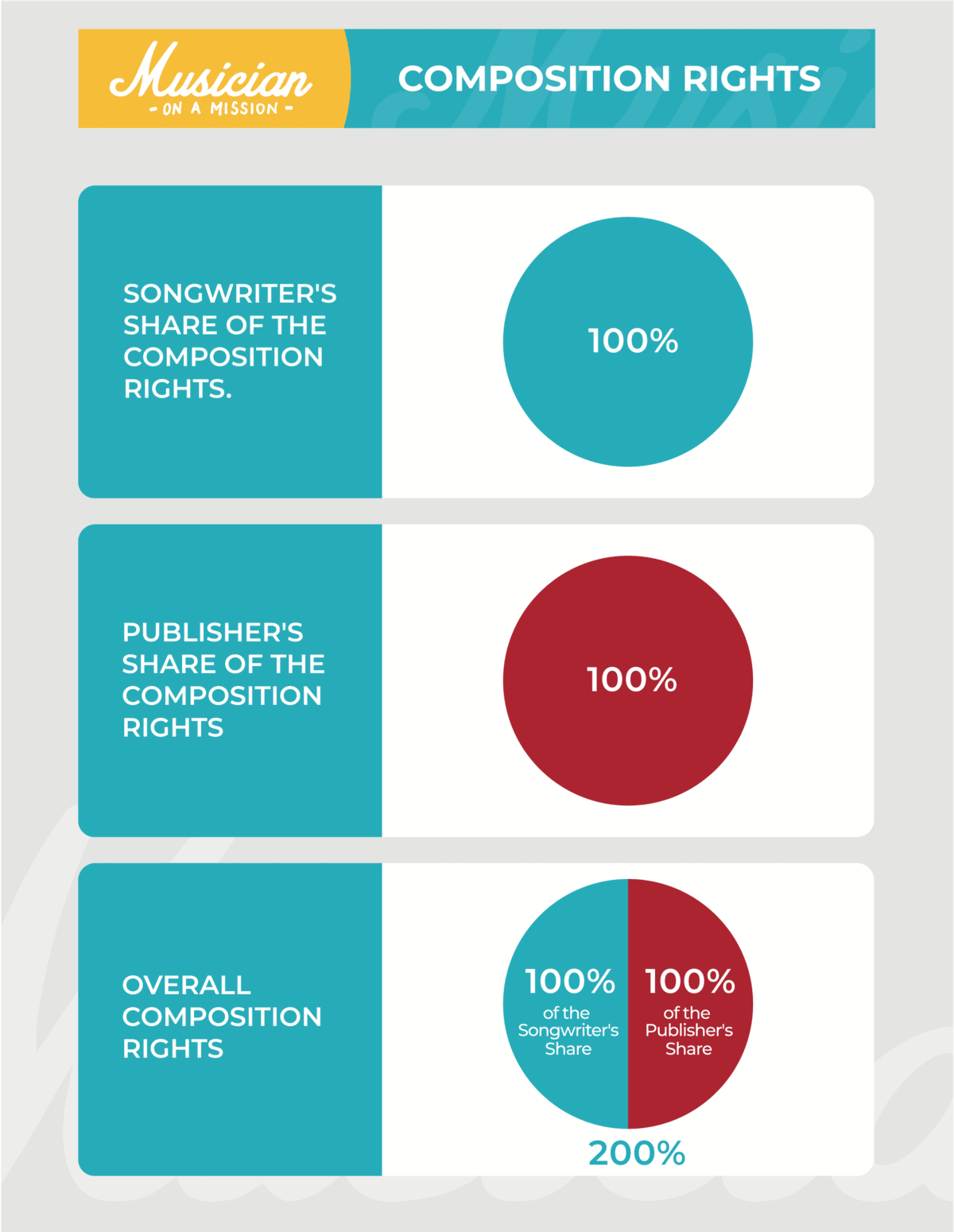
In other words…
If you sign a contract with a publisher that says you get 100% of the songwriter’s share, you don’t own all of the rights to your song.
This isn’t always a bad thing. If your publisher is good at their job, it can be totally worth sharing the rights.
But if they aren’t a good company, you could really get screwed over.
Which is why it’s crucial you trust a publisher before signing any contract with them.
There are also cases where you own the song but the publisher will still take half of the royalties. This is generally a pretty good deal. The publisher still gets paid but you completely own your songs.
Working with Co-Writers
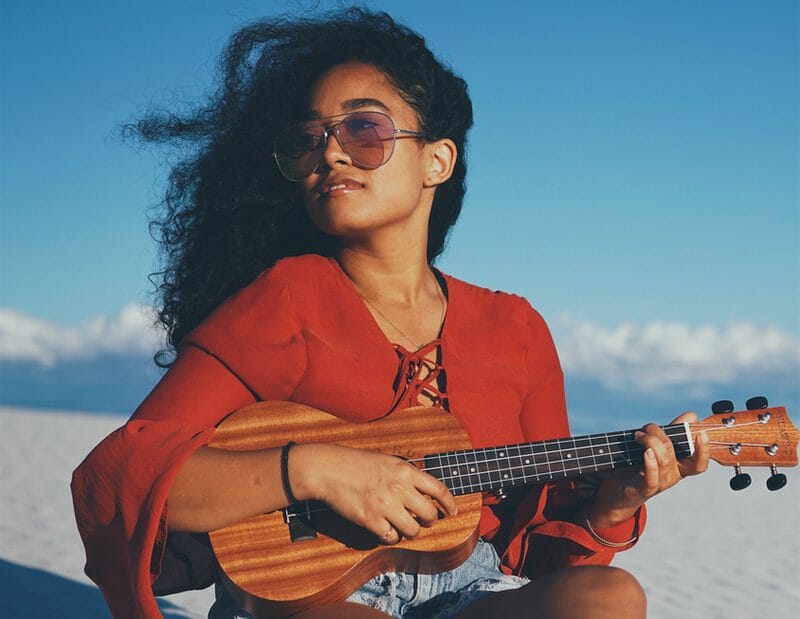
Anytime you write a song with other people, you should figure out how much of the song you all own.
Technically compositions are defined as the lyrics and melody of the song. If you write a cool bass part, you don’t inherently own any percentage of the royalties.
But a lot of artists just split things evenly. So even if you didn’t write the lyrics or the melody, you may still get a cut of the rights.
Either way, don’t assume you and your co-writers are on the same page.
Careers and friendships have ended because people assumed they knew who owned the royalties to the song.
So talk to your collaborators and figure out who owns what. And make sure you get it in writing.
It doesn’t need to be a super detailed contract. A simple split sheet will suffice.
Anytime I co-write, we split the song evenly. If there are two writers, we each get 50%. If three people wrote it, we all own 33.3% of the song.
I personally find it the simplest way to work. It makes sure everyone feels valued and sidesteps frustrating arguments.
Covering a Song
What if you cover a song that someone else wrote?
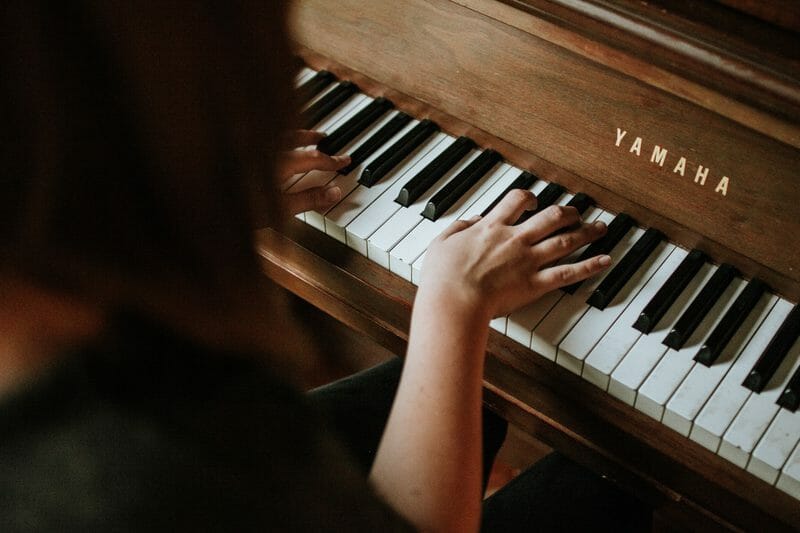
First of all, you’ll need to secure a mechanical license. I’ll show you how to do that later.
You won’t own any of the composition rights. So you won’t get any of the mechanical royalties from your cover.
However, you might own the recording rights. Unless you have a label who owns your master recordings, you should have the rights to the recording.
But even if you’re independent, you may want to make sure you and your collaborators are on the same page about who owns the recordings.
How Do You Make Money from Mechanical Royalties?
When your songs are purchased or streamed, you’ll get a small kickback.
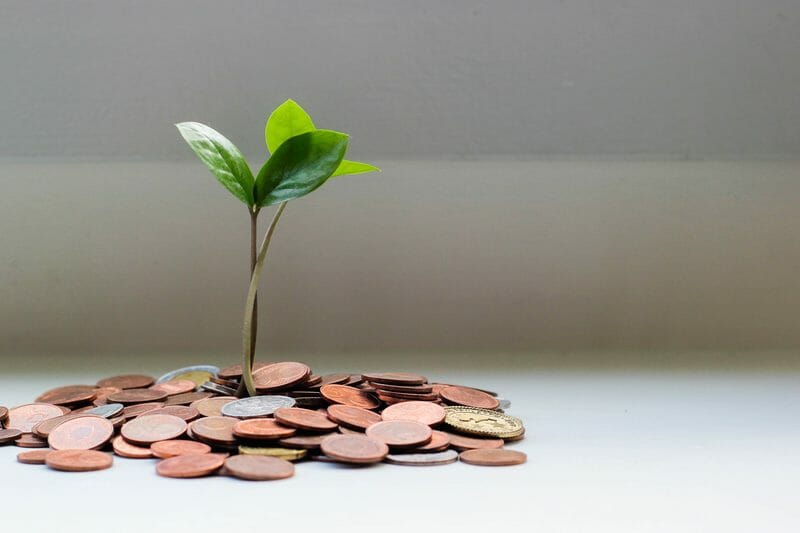
If someone covers your song or samples part of it, they’ll need to purchase a mechanical license. If you’re the owner of the song, you’ll get the royalty kickback when they purchase the license
The amount you make from mechanical royalties is determined by your government. So it’ll be different depending on where you live.
But that money won’t magically appear in your account.
If you have a publisher, they’ll handle it for you. Otherwise you’ll have to do some extra work to get your mechanical royalties.
You’ll want to register your songs with a mechanical royalties administrator. They’ll help track your mechanical royalties.
Who that is depends on where you live. If you’re in the United States, that’s the Harry Fox Agency.
Some music distributors also help with publishing.
For example, if you use CD Baby Pro, they’ll set you up as your own publisher. So you can get all the royalties you’re owed without doing a ton of admin work.
How to Get a Mechanical License for Another Song
You’ll need a mechanical license if you want to cover or sample a song. The good news is this is usually pretty easy to do!
Companies like the Harry Fox Agency and Soundrop will get the license for you. Of course, you’ll need to pay them first.
It’s usually as simple as finding the song in their database and purchasing the license.
Sometimes these companies can’t acquire the license, though.
In that case, you’ll need to contact whoever owns the composition. Usually this means emailing the song’s publisher.
What If Your Publisher Gets Bought?
If you sign with a publishing company, it’s possible they’ll get bought out. The other company will then own their catalog of songs.
That means the publishing rights to your songs could end up in someone else’s hands.
Once again, that’s not necessarily a bad thing. This may open new opportunities for you.
But it could also leave you tied to a company you don’t trust.
It’s something you need to consider when signing away part of your song.
Conclusion
Mechanical royalties can be a helpful bonus on top of your income as an artist. And they’re crucial for anyone releasing cover songs.
So make sure you know who owns what when it comes to your songs!



